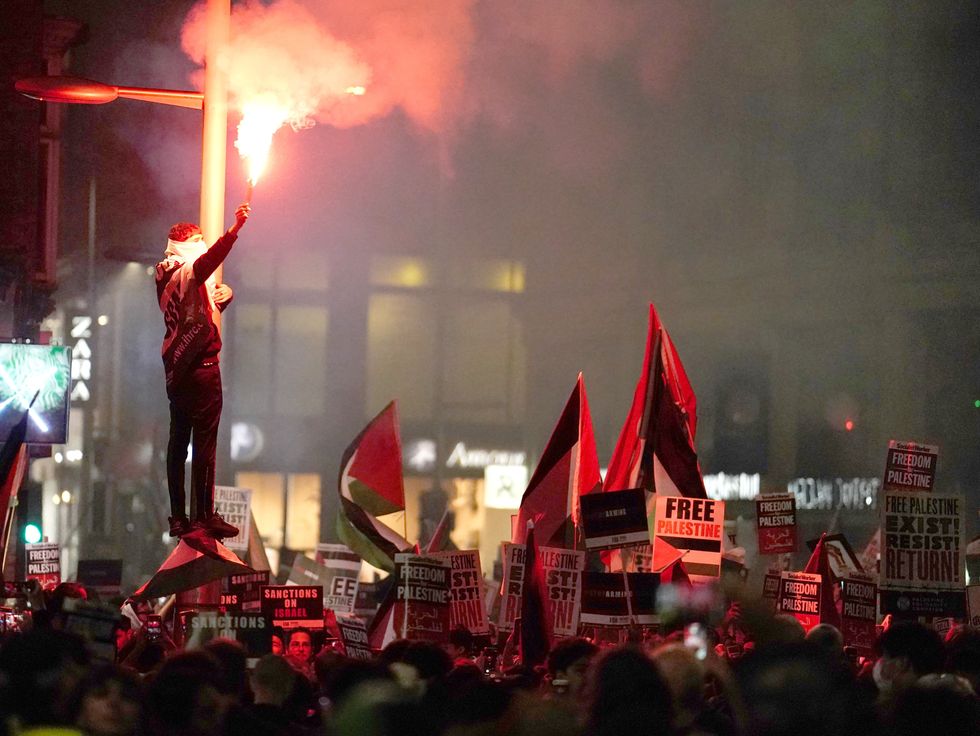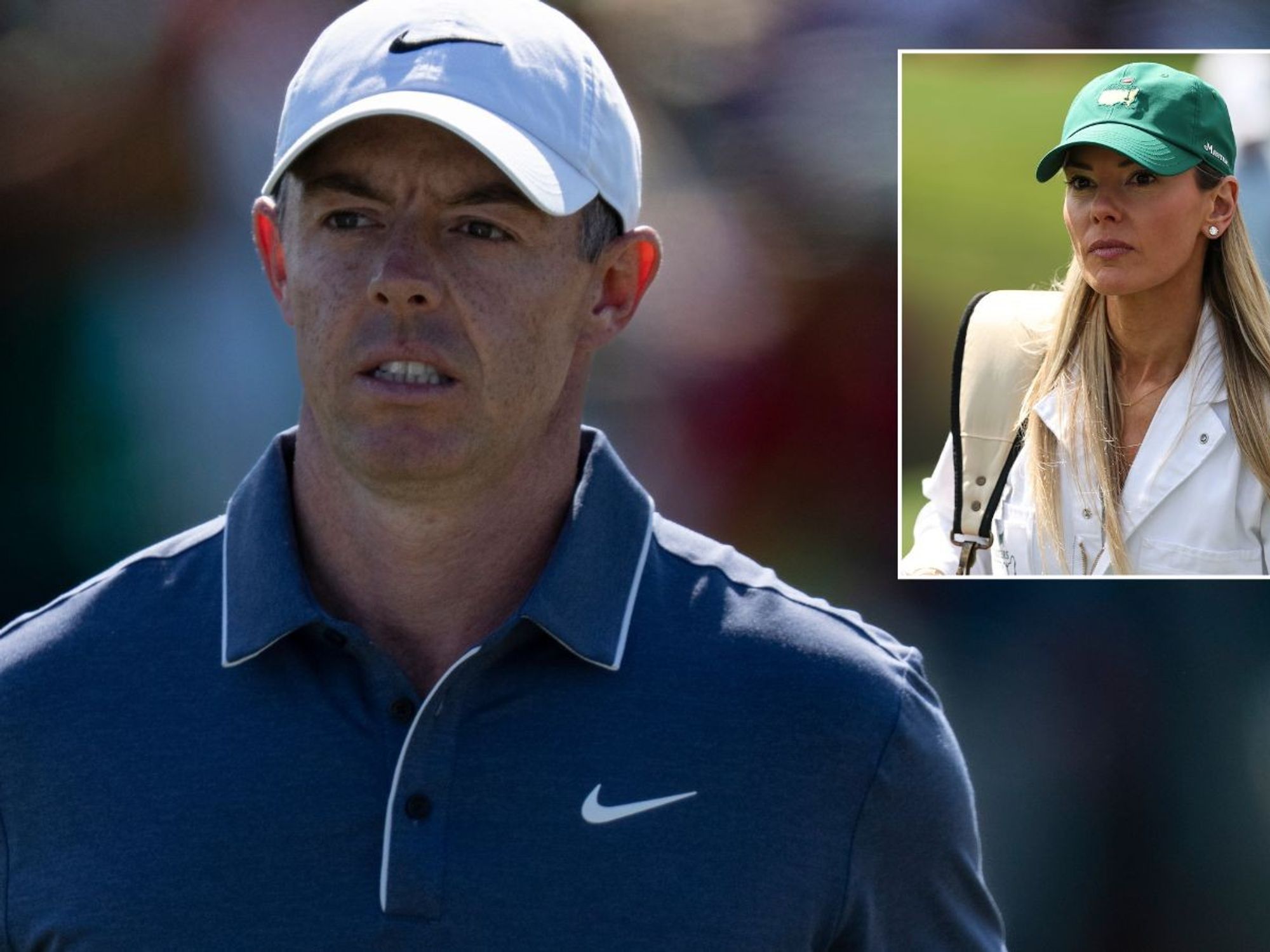Palestine protests in London 'stirred up by Iran and Hamas' network - and it's more sophisticated than many realise
Pro-Palestine protests have been 'stirred up' by Iranian and Hamas networking systems in Britain, the Government's terrorism specialist is expected to say
The Government's terrorism expert said protesters who have taken to the streets in Britain have 'not appeared out of nowhere'
Don't Miss
Most Read
Trending on GB News
Pro-Palestine protests have been "stirred up" by Iranian and Hamas networking systems in Britain, the Government's terrorism specialist is expected to say.
Robin Simcox, the head of the Commission for Countering Extremism will warn that a Hamas and Iran support network in the UK is more "sophisticated, well-backed and capable" than many realise.
In a speech on Thursday, Simcox is set to say protesters who have taken to the streets across Britain have not appeared out of nowhere, following the Hamas attacks on Israel.
Discussing Iran - a key military supporter of Hamas - the terrorism expert will suggest that the country doesn't just have the ability to execute or encourage acts of violence in the UK but also to spread extremist views through regime-linked clerics, charities and educational institutes.
WATCH NOW: Palestine protest in Leicester shut down by police
Last year MI5 and the Met police warned that Tehran has been behind a total of 15 murder and kidnap plots.
Home Secretary, Suella Braverman has previously stated that the Islamic Revolutionary Guard Corps is the biggest threat to the UK’s national security.
However, her calls for a boycott have been ignored by the Foreign Office due to concerns that the move could cause permanent damage to diplomatic relations.
Speaking at the Royal United Services Institute (Rusi), he will say "that support for Hamas does not carry the stigma that support for other terrorist groups does".
LATEST DEVELOPMENTS:
- ‘The way the BBC characterises Hamas is a distortion of the facts’ - Israeli President Herzog meets Rishi Sunak
- Israel Defence Forces goes public in launching extraordinary attack on BBC for parroting Hamas lines
- Protesters storm Capitol Hill and hang banners as they call for ceasefire in Israel-Hamas war
While "terrorist attacks on Israel are seen as not only more justifiable than attacks on other countries but [also], to some, a cause for celebration."
He will add that "too often, support for Palestinian rights has translated into rhetoric supportive of Hamas" and that "too many in positions of prominence have praised them or their leadership or sought to rationalise or excuse their acts of terror."
Simcox will argue that Hamas and Iran pose a threat beyond the Middle East and that "it is time to confront reality" about the extremist threats facing Britain.
"We had death threats towards teachers who showed a depiction of Muhammad in the school classroom during a discussion of freedom of speech," he said.
 Pro-Palestine protesters have taken to the streets of London PA
Pro-Palestine protesters have taken to the streets of London PA"It’s a concern that we could be drifting as a society informally into a kind of de facto blasphemy law, which is obviously a key issue for [the commission].
"Not just because we as a commission have a stake in protecting free speech, although of course we do, but because of some of the violent acts carried out against perceived blasphemers – the attack on Charlie Hebdo in Paris in January 2015, or the recent attempted assassination of Salman Rushdie."
Simcox will also warn of the challenge posed by Islamist ideology in the form of people who "sit below the terrorism threshold" but promote "unacceptable" views such as hatred of Jews and minorities.








